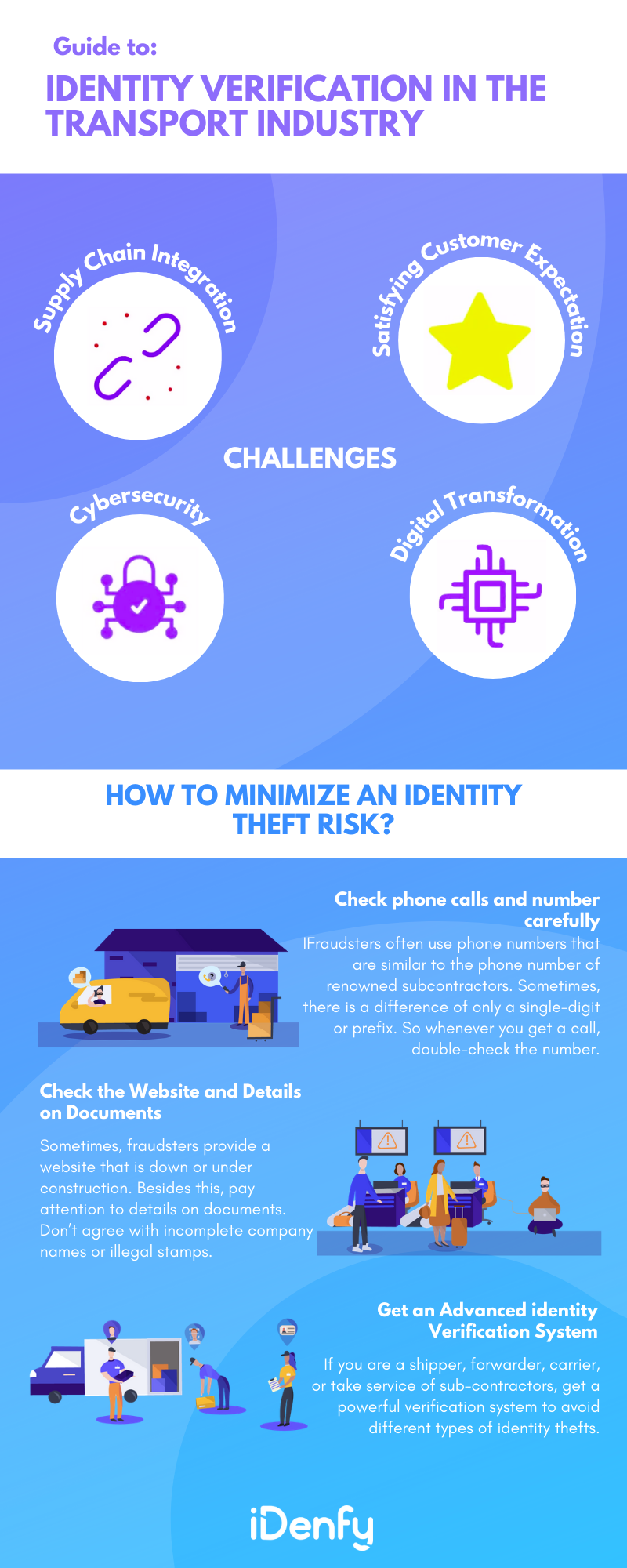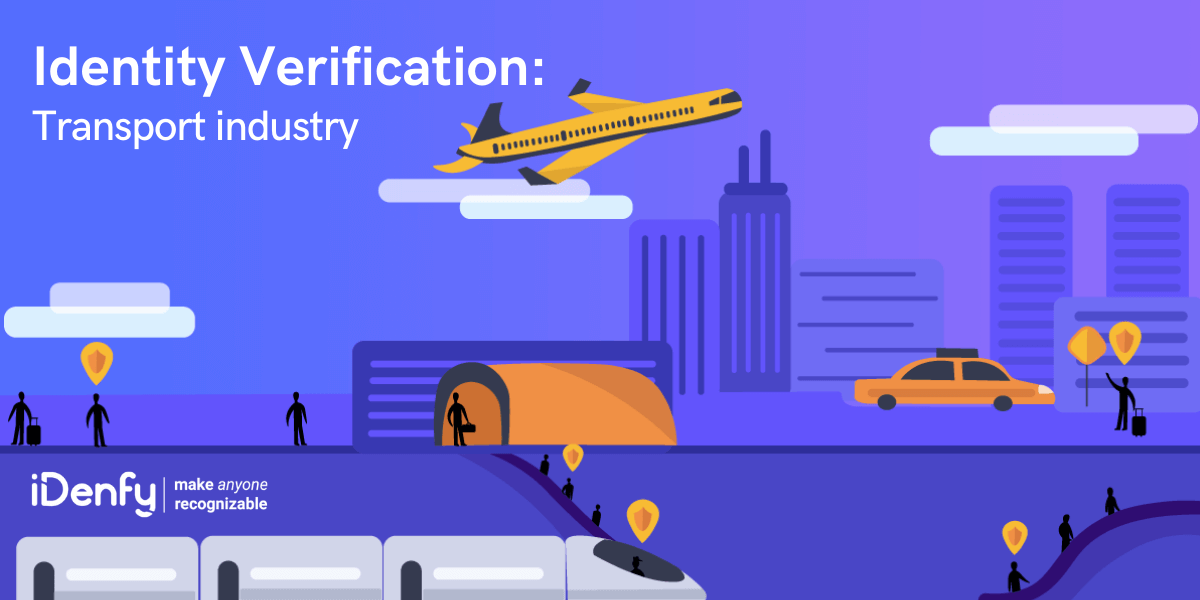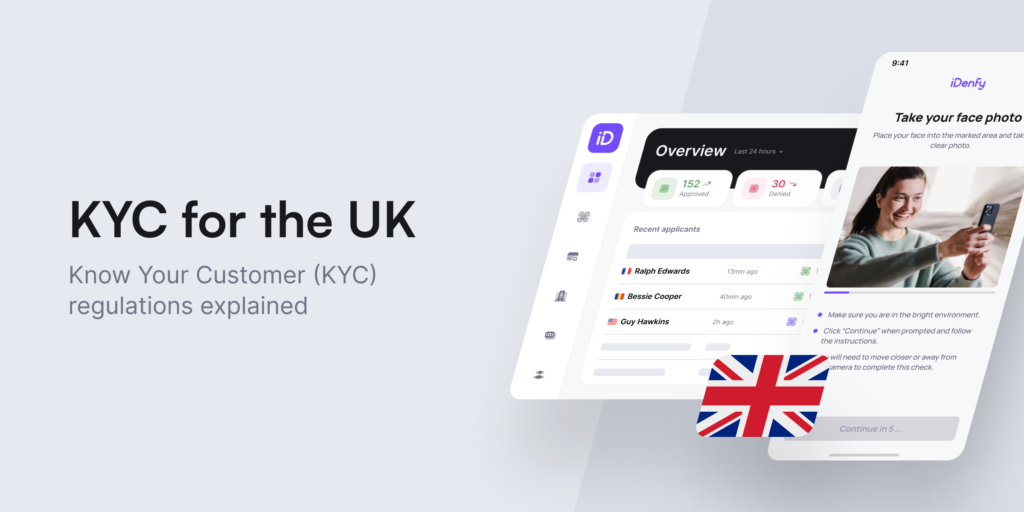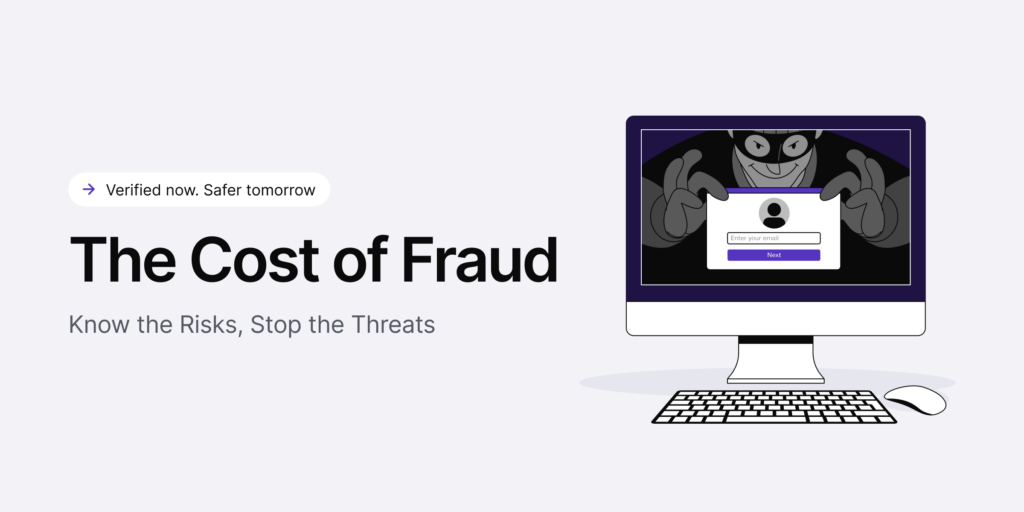While digital transformation has taken the logistics and transportation sector to a new height, it has also made the industry an easy target for cybercrime. A cyberattack on Maersk, German Railways, and Kyiv Airport stunned the entire transport industry worldwide.
Until such incidents happened, no one ever imagined that the industry could be the target of fraudsters. Businesses associated with the industry need to take precautions and follow the best possible practices to prevent identity theft. The role of identity verification in the transport industry can make a huge difference.
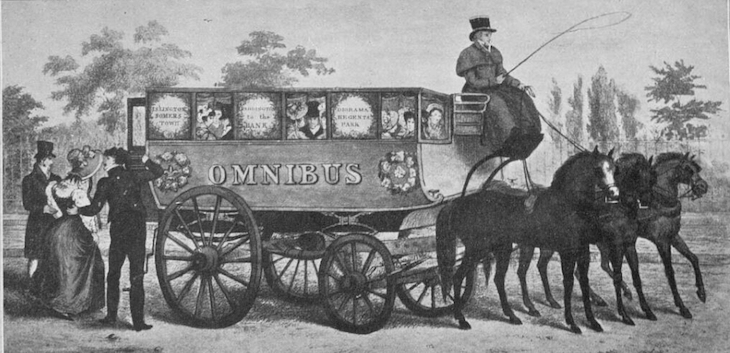
It wouldn’t be wrong if we say, “Transportation is one of the greatest technological innovations of its time.” After all, it enabled people to travel farther. Although the wheel was discovered in 3,500 B.C., long-distance travel was a dream for general people until the first public transport was established in 1820. London was the first metropolis to introduce a public transit system. It was a horse-drawn car (omnibus) that could transit up to 10 people simultaneously.
If we talk about the first-ever public railway system in the world, it was started in 1825. Locomotion No. 1 was the first steam locomotive to carry travelers on a general rail line. The locomotion was between Stockton and Darlington railway in the United Kingdom. The year 1914 was the first time when the world’s first passenger airline took off and operated between Petersburg and Tampa. From animal-drawn vehicles to high-speed aircraft, the transportation industry has come a long way. However, like with every industry, advancements in the transport industry came with some serious issues.
In this post, we will discuss similar issues and find out how identity verification in the transport industry can play a significant role in making it safe.
Challenges in the Transport Industry
Similar to other industries, the transport industry is also coping with a wide range of challenges. Innovation is evolving rapidly, and businesses are struggling to keep up with it. Nowadays, innovation has become a crucial part of a business strategy. However, utilizing technology efficiently while maintaining safe practices is a big challenge in itself.
Today, businesses in the transport industry are incredibly concerned about the following issues:
Verify customers identity within 15 seconds. Schedule a free identity verification demo here.
Supply Chain Integration
As you know, trade has globalized nowadays, and goods are purchased and exported to people across the world. However, integrating the supply chain in all the major points is not that simple. Different businesses need to merge into the supply chain and improve flexibility for product shipping. It might increase the risk of identity theft, even if one point in the chain is vulnerable.
Satisfying Customer Expectation
Today, customers want to stay informed about the entire process of a transport service. They want to buy a service from a business that is capable of fulfilling their precise expectation. Consequently, transport operators need to provide the best possible value to their clients.

Digital Transformation
A lot of transport companies are still fighting with their approach to information technology systems. They need to reshape their business model and strategies as per the digital age.
Cyber Security
New-age technology enhances the transportation industry’s scope and horizon, but it has brought some major challenges, especially in cybersecurity. Cybercriminals are using technology at their disposal to access people’s accounts. Cybersecurity is one of the most ignored yet severe problems in the transport industry that should be paid attention to.
In the coming section, we will discuss more cybersecurity and identity theft issues in the transportation industry and how you can prevent it with a robust identity verification solution.
Identity Theft in the Transport Industry
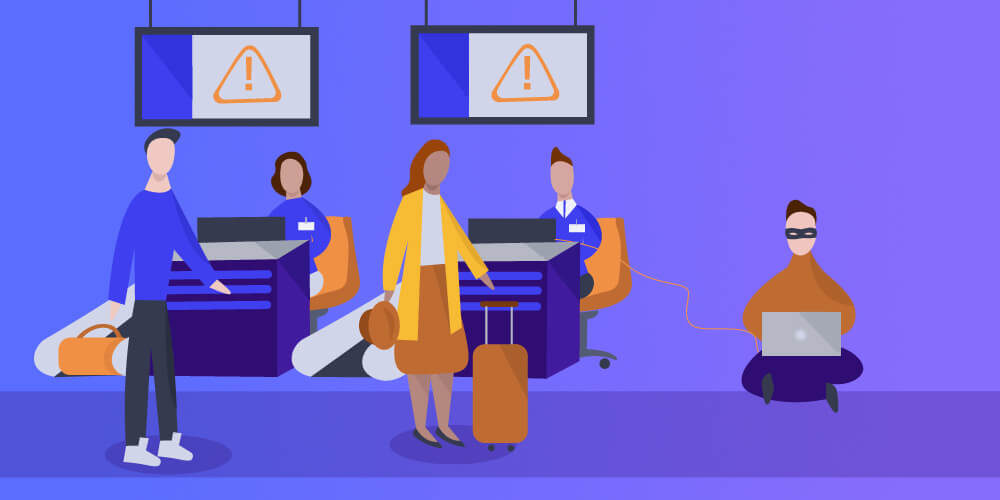
Identity theft is one of the most insidious forms of crime affecting different industries, and the transport industry is no exception. Over the past few years, we have witnessed several cyberattacks that exposed the industry to economic and reputational damage.
If you think about why the transport industry is specifically vulnerable, let us tell you that transport networks have become digital. And since a wide range of data flows across different systems, it’s easier for fraudsters to find a vulnerable system, get their hands on identity data, and then misuse it.
If you remember the WannaCry ransomware attack of 2017, it had affected more than 230,000 computers in 150 countries. Its victims included, Spanish Telefonica, British hospitals, and German railways. The same year in June, a Ransomware cyber-attack made one of the prestigious transport and logistics conglomerates, Maersk a victim. According to a report, the attack caused a loss of around $300 million to the company. Another renowned organization that became the victim of this cyber attack was Ukraine’s Kyiv Airport.
Until these incidents happened, the transport industry had no significant concern for identity theft and cyber-attacks. Most businesses used to think that identity theft and cyber-attacks happen in I.T., Retail, and Financial industries only.
It’s crucial to understand that technology is a double-edged sword. If you don’t handle it properly, it can pave the way for fraudsters to access your business’s crucial information.
Let’s get to know about a common trick fraudsters use to commit identity theft in the transport industry.
Ensure your customers are real. Schedule a free demo here.
Identity Theft in the Transport Industry and Way to Minimize It

There are plenty of ways fraudsters commit identity theft. Criminals might pretend to be legitimate organizations to take over their targets and then disappear after a big crime. They act quickly and choose transports of goods that will be easier to sell after a certain time, such as alcohol, coffee, and non-registered electronic devices.
Additionally, they steal a lot of crucial information about transport firms and abuse them later.
Here are some simple steps that will help you minimize these issues:
1. Check Phone Calls and Number Carefully

If you pay attention to small things, you can avoid transport theft to a large extent. Fraudsters often use phone numbers that are similar to the phone number of renowned subcontractors. Sometimes, there is a difference of only a single-digit or prefix. So whenever you get a call, double-check the number.
2. Check the Website and Details on Documents
Whenever you deal with a company, don’t forget to check with the website. Sometimes, fraudsters provide a website that is down or under construction. Besides this, pay attention to details on documents. Don’t agree with incomplete company names or illegal stamps.
3. Implement an Advanced Identity Verification System

Implementing identity verification in the transport industry can significantly make it safer and transparent for customers and transporters. If you are a shipper, forwarder, carrier, or take service of sub-contractors, get a powerful verification system to avoid different types of identity thefts.
At iDenfy, we offer a robust identity verification solution that will give you access to verify contractors, transport workers, and other staff from the comfort of your home. We combine facial recognition, liveness detection, and identity check in one solution so you can get everything under the same roof.
Interested to learn more? Let’s chat.
This blog post was updated on the 2nd of May, 2024 to reflect the latest insights.
Fraud detection and prevention service from market leaders. Schedule a free demo here.
